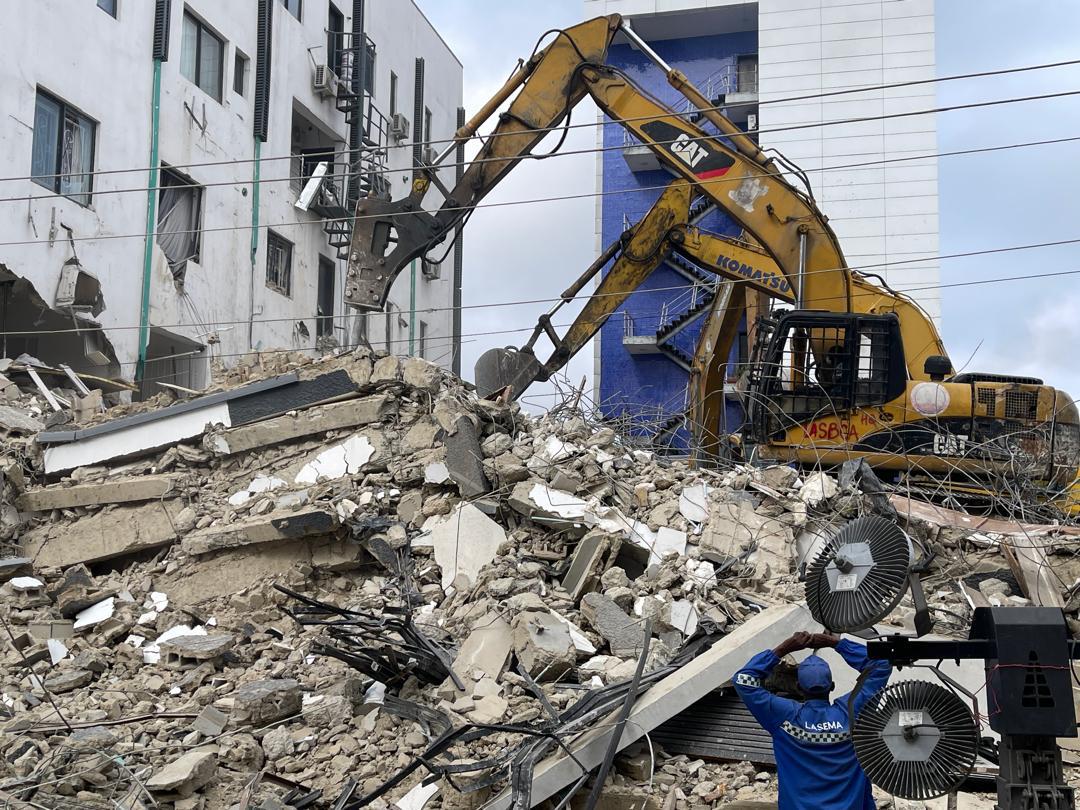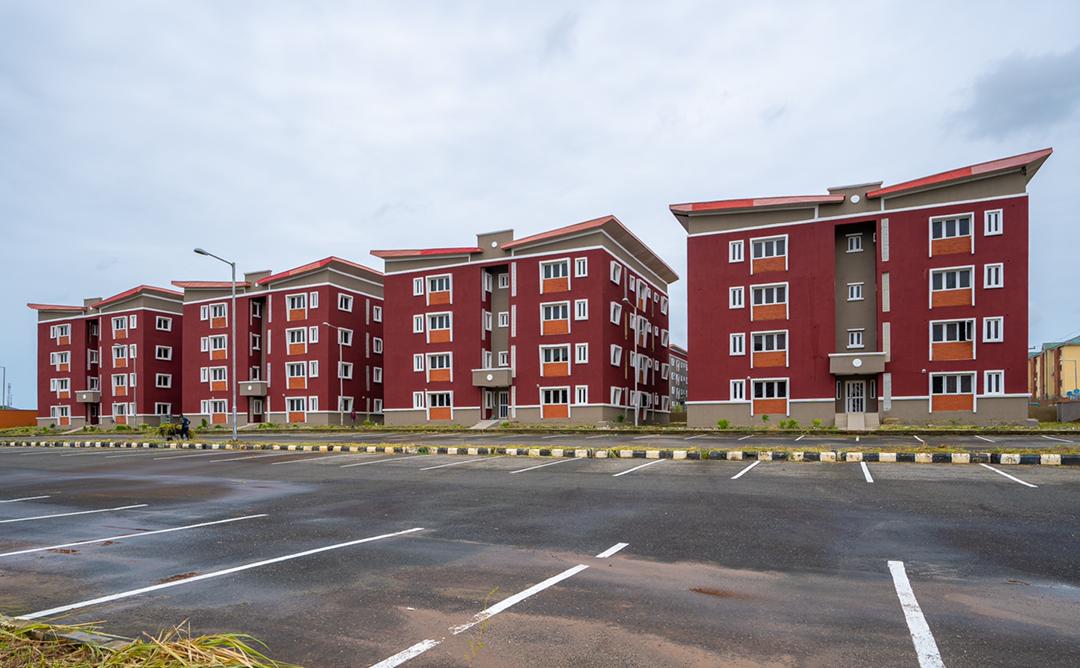The Nigerian Institute of Building (NIOB), Lagos State Chapter, has stressed the need for stronger collaboration among professionals in the construction sector to curb project abandonment, substandard works, and the recurring incidents of building collapse in the country.
Speaking ahead of the institute’s 34th Lagos Builders’ Conference and Annual General Meeting, Chairman of the Lagos Chapter, Mr Thomas Adeoye, said lack of cooperation among architects, engineers, builders, and quantity surveyors often leads to wrong cost estimates, poor project execution, and eventual structural failures.
Adeoye commended recent government efforts to involve professional bodies in regulatory oversight, noting that collaboration between regulators and practitioners would help detect and prevent potential failures.
“The result may not be immediate, but with continuous collaboration, we will begin to see positive changes. It’s not just government-driven; it’s something we, as professionals, pushed for,” he said.
He also called for intensified research into locally sourced and affordable building materials as a long-term strategy to reduce construction costs and bridge Nigeria’s housing deficit.
“We need to look inward to develop cheaper local materials. If government policies support this and professionals cooperate, we can significantly reduce the housing gap,” he added.
Vice Chairman of the Lagos Chapter, Mr Rasheed Ayoola, said the forum, themed “Collaboration, Cooperation and Inclusiveness for Successful and Sustainable Building Delivery,” would bring together key stakeholders, policymakers, and private developers to discuss challenges in sustainable construction and strengthen collaboration for safer and more affordable housing. Ayoola linked most abandoned projects to poor cost planning and failure to engage the right professionals from the project’s inception.
“Because there is no collaboration between the architect, engineer, and builder up to the point where the quantity surveyor determines the cost, many projects start with wrong assumptions.
By the time they get midway, funds run out, leading to abandonment,” he explained. He warned that excluding qualified builders from project implementation compromises the quality of materials and workmanship, often resulting in structural failures.
“At the end of the day, it’s either under-utilisation or over-utilisation of materials. Once clients begin to manage resources to cut costs, quality drops and collapse becomes inevitable,” he said.
Ayoola also urged government and financial institutions to expand access to housing finance through mortgage schemes and targeted support for developers and individuals.
He identified professional rivalry as another major setback in the construction industry, stressing that sustainable progress depends on synergy among stakeholders. “Rivalry has contributed to poor outcomes. True collaboration means every professional is involved from design to delivery,” he added.






